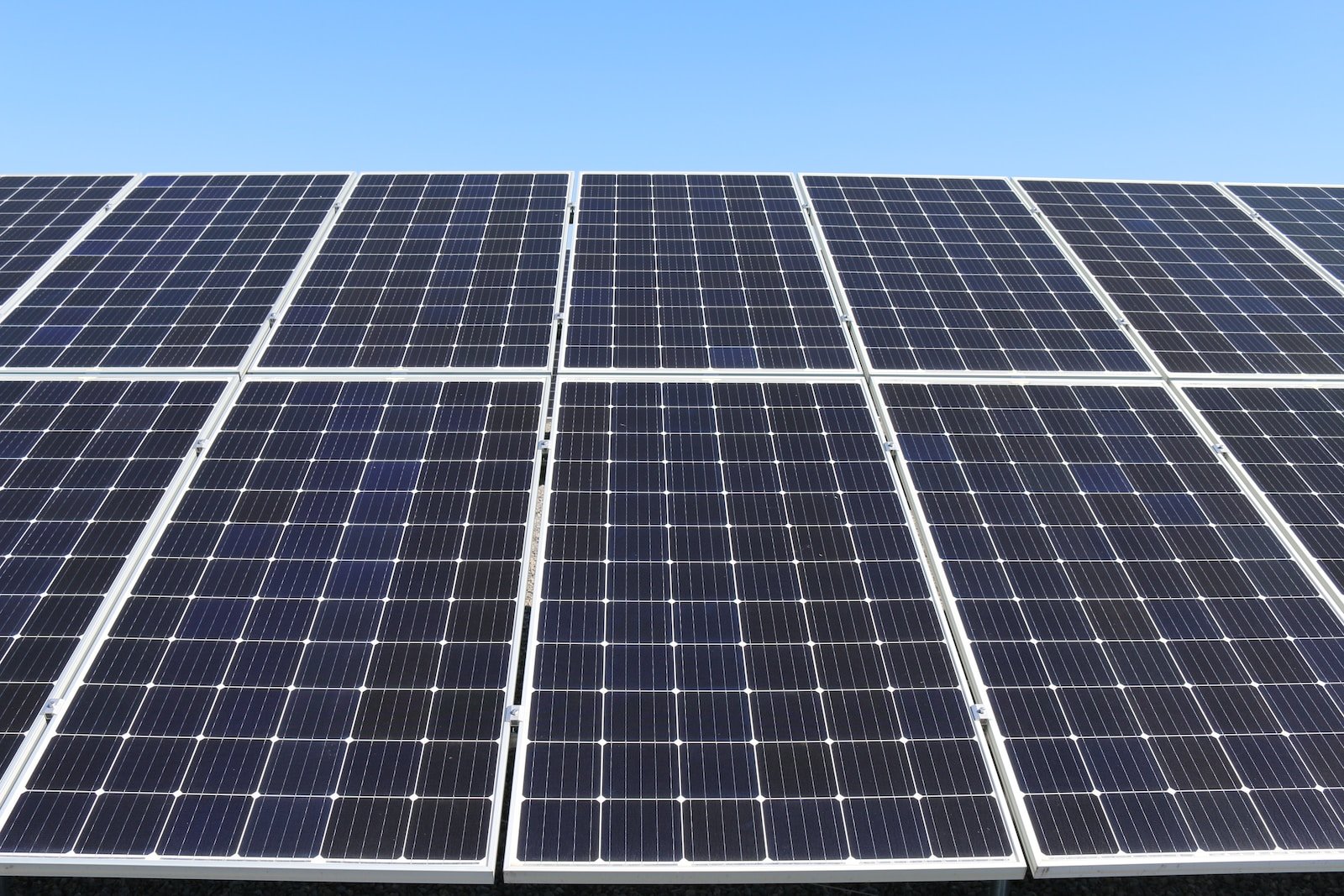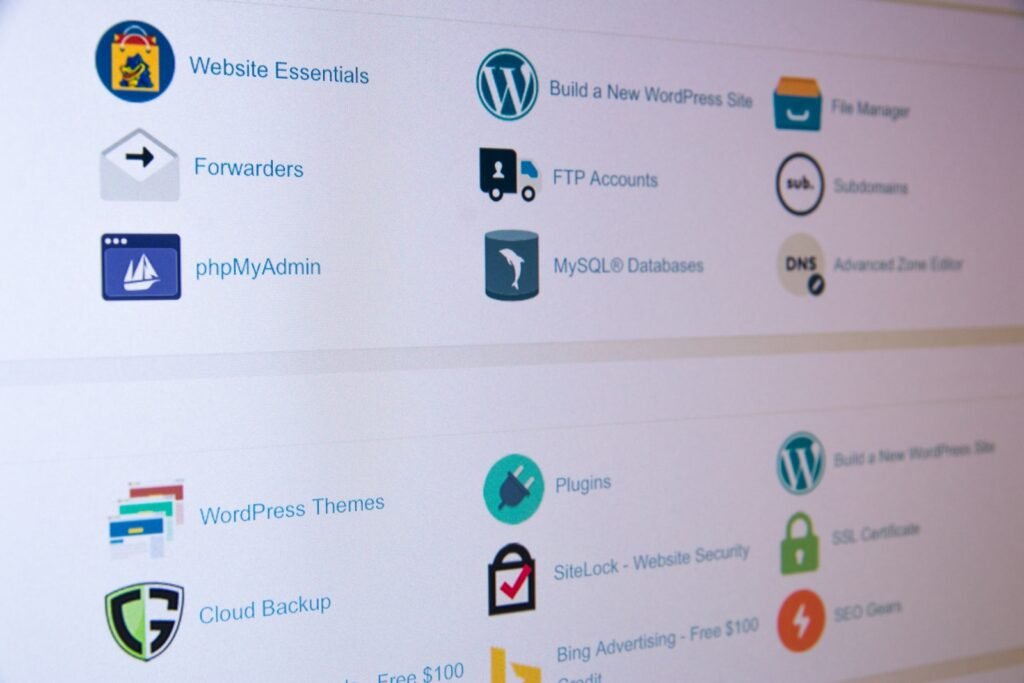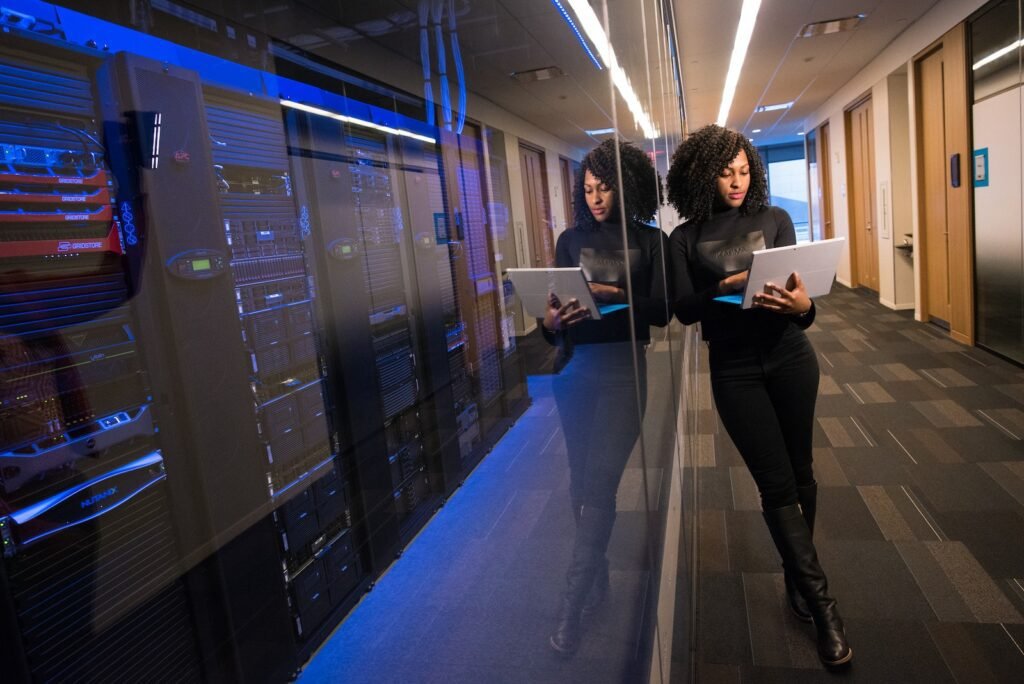Solar Panel Price In Nigeria
Solar energy is gaining traction in Nigeria as an alternative to traditional sources of electricity. With the increasing cost of electricity and frequent power outages, solar panels are becoming a viable solution for homes and businesses seeking reliable and uninterrupted power supply.
However, before making a decision about investing in solar panels, it is important to understand the factors that influence their prices. There are various types of solar panels available in Nigeria, each with its own unique features and price range.
The cost of solar panels is influenced by several factors including their size and wattage, quality and efficiency, as well as installation and maintenance costs. Additionally, government incentives for switching to solar energy can also impact the overall cost-effectiveness of investing in this technology.
In this article, we will delve into these factors to provide you with a comprehensive understanding of the pricing dynamics surrounding solar panel systems in Nigeria.
Types of Solar Panels Available in Nigeria
Various types of solar panels are available in Nigeria, each with unique features and specifications that cater to different energy needs. The most common types of solar panels include monocrystalline, polycrystalline or multicrystalline, thin-film, and hybrid solar panels.
Monocrystalline solar panels are made from single-crystal silicon, making them highly efficient and durable. They have a higher power output than other types of solar panels and perform better in low-light conditions.
Polycrystalline or multicrystalline solar panels are made from multiple silicon crystals, which makes them more affordable than monocrystalline solar panels. While they may not be as efficient as their counterparts, they still offer significant energy savings for households and businesses alike.
Thin-film solar panels use less silicon material in their production process compared to other types of solar panels. This makes them more environmentally friendly but usually results in lower power output per square meter.
Hybrid solar panel technology combines the benefits of both crystalline and thin film technologies, resulting in a high-efficiency rate but at a slightly higher cost.
Factors That Influence Solar Panel Prices
Numerous factors contribute to the fluctuations in the cost of photovoltaic installations in Nigeria. One of the most important factors is the size and efficiency of the solar panel system. The larger and more efficient a solar panel system is, the higher its price will be. This is because larger and more efficient systems require more materials and technology to construct, which drives up their overall cost.
Another factor that influences solar panel prices in Nigeria is the availability of components. If certain components are difficult to find or must be imported from other countries, this can increase costs significantly.
Additionally, installation costs play a significant role in determining overall solar panel prices. The complexity of an installation, as well as labor costs for skilled technicians, can drive up installation expenses considerably.
Taken together, these various factors illustrate why there can be such variability in solar panel prices across different regions and markets within Nigeria.
Size and Wattage of Solar Panels
The dimensions and power output of photovoltaic installations are key determinants of their cost, making it crucial to carefully consider the size and wattage of solar panels when planning a sustainable energy system.
The physical size of solar panels can vary greatly, with larger panels generally producing more electricity than smaller ones. Similarly, the wattage rating of a panel refers to its maximum power output under ideal conditions, with higher wattage ratings indicating greater electricity production potential.
When selecting solar panels for a project in Nigeria, it is important to consider both the available space for installation and the desired level of electricity generation. This will inform decisions about what size and wattage ratings are appropriate for a given application.
Additionally, other factors such as shading and temperature can impact panel performance, so careful evaluation of local climate conditions will also be necessary to select the most appropriate photovoltaic technology.
By taking these considerations into account, consumers can make informed decisions about which solar panels are best suited to meet their specific needs while staying within budget constraints.
Quality and Efficiency of Solar Panels
One crucial aspect to consider when selecting photovoltaic technology is the quality and efficiency of solar panels, which can significantly impact the performance and longevity of a sustainable energy system.
High-quality solar panels are made with durable materials that can withstand harsh weather conditions and resist corrosion over time.
The efficiency of solar panels is measured by their ability to convert sunlight into usable energy, and higher efficiency translates into greater electricity production.
Efficiency can be impacted by several factors, including the type of material used in the manufacturing process and how well it absorbs light.
Monocrystalline silicon cells are known for their high-efficiency rates due to their uniform crystal structure, while thin-film solar cells tend to have lower efficiencies but offer flexibility in design.
Additionally, factors such as shading, orientation, and temperature can affect panel output and should be considered during installation.
By prioritizing quality and efficiency when selecting solar panels for a sustainable energy project, consumers can ensure optimal performance and long-term cost savings.
Cost of Installation and Maintenance
Considering the financial implications of installation and maintenance is important when planning a sustainable energy project, as it can affect the feasibility and long-term success of the system.
In Nigeria, solar panel installation costs vary depending on several factors such as location, size of the system, type of panels used, and complexity of installation. On average, a 1kW solar panel system can cost between ₦500,000 to ₦1 million for residential use. For commercial or industrial use, larger systems may be required which can cost upwards of ₦10 million.
Maintenance costs are also an important consideration when investing in solar panels. While solar panels require minimal maintenance compared to other forms of energy generation such as diesel generators or hydroelectric power plants, regular cleaning and inspection is necessary to ensure optimal performance.
The cost of maintenance will depend on the size and complexity of the system but typically ranges from ₦50,000 to ₦100,000 per year for residential systems and up to ₦500,000 per year for larger commercial or industrial systems.
Despite these costs, however, investing in solar panels remains a viable option for those seeking sustainable energy solutions in Nigeria due to its potential long-term benefits both financially and environmentally.
Comparison of Solar Panel Prices in Different Regions of Nigeria
When examining the cost of sustainable energy solutions in various regions of Nigeria, it is evident that there are significant differences in the prices of solar panels.
In Lagos, for instance, a 300W solar panel costs between N50,000 to N70,000 while in Abuja and Port Harcourt, the same panel can be purchased for between N60,000 to N80,000. However, in some northern states like Kano and Kaduna where there is more sunlight exposure than other regions in Nigeria, the price of a 300W solar panel ranges from N40,000 to N60,000.
The variation in prices can be attributed to several factors such as transportation costs and import duties. Additionally, local manufacturers may have different production costs which could affect their pricing strategy.
It is important for consumers to conduct thorough research before purchasing solar panels so they can make informed decisions based on their budget and energy needs.
Financing Options for Solar Panel Systems
Financing options for sustainable energy solutions are crucial to enable consumers to access and afford these systems. In Nigeria, there are several financing options available for solar panel systems, including loans from commercial banks, microfinance institutions, and specialized clean energy finance companies. The Bank of Industry (BOI) also provides funding for renewable energy projects in Nigeria through its Renewable Energy/Energy Efficiency (RE/EE) Fund.
Additionally, some solar panel providers offer pay-as-you-go models that allow customers to make small payments over time rather than having to pay the full cost upfront. This can be particularly beneficial for low-income households who may struggle to afford a large upfront payment but can manage smaller payments over time.
Overall, by providing more accessible financing options for solar panel systems, more Nigerians will be able to access sustainable energy solutions and contribute towards a greener future for the country.
Government Incentives for Switching to Solar Energy
Government incentives for the adoption of renewable energy sources have played a significant role in promoting sustainable energy practices worldwide. Nigeria, as a developing country, has also adopted several policies and programs to incentivize the use of solar energy.
One such initiative is the Solar Power Naija program launched by the Nigerian government in 2021. This program aims to provide solar power solutions to 5 million households across the country within 12 months. The government will provide funding for this project through an off-grid electrification fund, which will support private sector players to provide affordable and sustainable electricity solutions.
Additionally, there are tax incentives available for businesses that invest in renewable energy technologies such as solar panels. For instance, companies that invest in renewable energy systems can claim tax credits on their corporate income tax returns under section 25 of Nigeria’s Companies Income Tax Act (CITA). The government also provides duty waivers on imported solar-powered equipment and components used for generating electricity or heating water.
These incentives help reduce the cost of installing solar panels and make it more attractive for individuals and businesses to switch to renewable energy sources. As a result, there has been an increase in demand for solar panel systems in Nigeria, making them more accessible and affordable than ever before.
Benefits of Using Solar Power in Nigeria
Renewable energy sources offer numerous benefits to Nigeria, including reducing greenhouse gas emissions and promoting energy independence. Solar power, in particular, has the potential to revolutionize Nigeria’s energy sector.
With abundant sunlight throughout the year, solar panels can generate electricity even in remote areas without access to traditional power grids. Using solar power can also help reduce the cost of electricity for individuals and businesses.
As prices for solar panels continue to decrease globally, it is becoming increasingly affordable for Nigerians to invest in this technology. Additionally, using solar power reduces dependence on fossil fuels and can contribute to a cleaner environment by reducing air pollution from burning coal or oil.
Overall, embracing solar power as a primary source of energy could have significant economic and environmental benefits for Nigeria.
Making an Informed Decision about Solar Energy for Your Home or Business
One crucial aspect to consider when weighing the advantages and disadvantages of alternative energy sources is the long-term impact on the environment. Solar power has proven to be a sustainable and eco-friendly option that can help reduce carbon emissions that contribute to climate change.
By harnessing energy from the sun, solar panels generate electricity without emitting any harmful pollutants or gases into the atmosphere. This means that households and businesses using solar power are contributing to a healthier planet by reducing their carbon footprint.
When considering whether to invest in solar energy for your home or business, it is important to evaluate factors such as upfront costs, return on investment, and maintenance requirements. While initial costs may seem high, over time, solar panels can save you money on your energy bills.
Additionally, many governments offer incentives and tax breaks for those who invest in renewable energy sources like solar power. By weighing these factors against your unique needs and budget, you can make an informed decision about whether investing in solar energy is the right choice for you.
Solar Panel Price In Nigeria Frequently Asked Questions
What are the environmental impacts of using solar panels in Nigeria?
The environmental impacts of using solar panels in Nigeria are largely positive. Solar panels generate electricity without emitting harmful greenhouse gases or other pollutants that contribute to air pollution, respiratory illnesses, and climate change. This makes them a cleaner alternative to traditional sources of energy such as fossil fuels.
Additionally, the use of solar energy can help reduce deforestation and the degradation of natural habitats associated with the extraction and combustion of nonrenewable resources. The deployment of solar panels in Nigeria can also serve as an effective means to improve access to electricity in rural areas where grid connectivity is limited or nonexistent.
However, it is important to note that the production and disposal of solar panels have their own set of environmental challenges that need to be addressed. These include issues related to material sourcing, energy consumption during manufacturing processes, and proper disposal at end-of-life stages.
Overall though, the benefits of using solar panels outweigh their potential negative impacts on the environment.
How long does it take for a solar panel system to pay for itself in Nigeria?
The time it takes for a solar panel system to pay for itself in Nigeria depends on various factors such as the cost of electricity, the size of the solar panel system and its efficiency, maintenance costs, and other expenses.
Generally, a solar panel system can pay for itself within 5-10 years depending on these factors. However, this is just an estimate as different regions may have varying electricity tariffs and policies that affect the cost of installation and maintenance.
Despite this, investing in solar panels in Nigeria can provide long-term benefits such as reducing electricity bills, providing energy security, and contributing to environmental sustainability.
As such, it is important to consider all the necessary factors before making a decision on whether or not to install a solar panel system.
Are there any restrictions on installing solar panels in certain areas of Nigeria?
There are no specific restrictions on installing solar panels in Nigeria, except for the standard building codes and regulations that apply to all construction projects.
However, it is important to obtain necessary permits and approvals from relevant authorities before embarking on any installation.
Additionally, there may be some practical limitations in certain regions due to factors such as climate, topography, or access to suitable infrastructure.
Therefore, it is recommended that individuals consult with experts in the field before undertaking any solar panel installation project to ensure compliance with local regulations and optimal performance of the system.
What is the lifespan of a solar panel system in Nigeria?
The lifespan of a solar panel system in Nigeria varies depending on the quality of the components used, maintenance practices, and environmental factors. On average, well-maintained solar panels can last for 25 years or more while still producing up to 80% of their original capacity.
However, some low-quality systems may fail after only a few years due to poor workmanship or substandard materials. To ensure maximum lifespan and efficiency, it is essential to use high-quality components and engage in regular maintenance practices such as cleaning the panels and ensuring proper wiring connections.
Overall, investing in a reliable solar panel system can provide long-term benefits for households and businesses in Nigeria by reducing electricity costs and promoting energy independence.
Can solar panels be used during power outages in Nigeria?
Solar panels can indeed be used during power outages in Nigeria. This is because they operate independently of the national grid, and generate electricity from the sun’s energy through photovoltaic cells.
In fact, solar panels are becoming an increasingly popular alternative for households and businesses that experience frequent power cuts or unreliable electricity supply. While the initial cost of installing a solar panel system may be relatively high, it offers numerous long-term benefits such as reduced energy bills and a reliable source of electricity.
Additionally, with advancements in technology and increased demand, the price of solar panels has been steadily decreasing over time, making them more accessible to a wider range of consumers in Nigeria.
Conclusion
In conclusion, solar panel prices in Nigeria are influenced by various factors such as the size and wattage of the panels, their quality and efficiency, installation and maintenance costs, financing options, and government incentives.
It is important for individuals and businesses to carefully consider these factors before making an informed decision about whether or not to switch to solar energy.
While the upfront cost of installing solar panels may seem high, the long-term benefits include lower electricity bills, reduced reliance on fossil fuels, increased energy independence, and a positive impact on the environment.
Moreover, with advancements in technology and increasing demand for renewable energy sources in Nigeria, it is likely that solar panel prices will continue to decrease over time.
Therefore, investing in solar power can be a wise choice for those looking towards a sustainable future.



